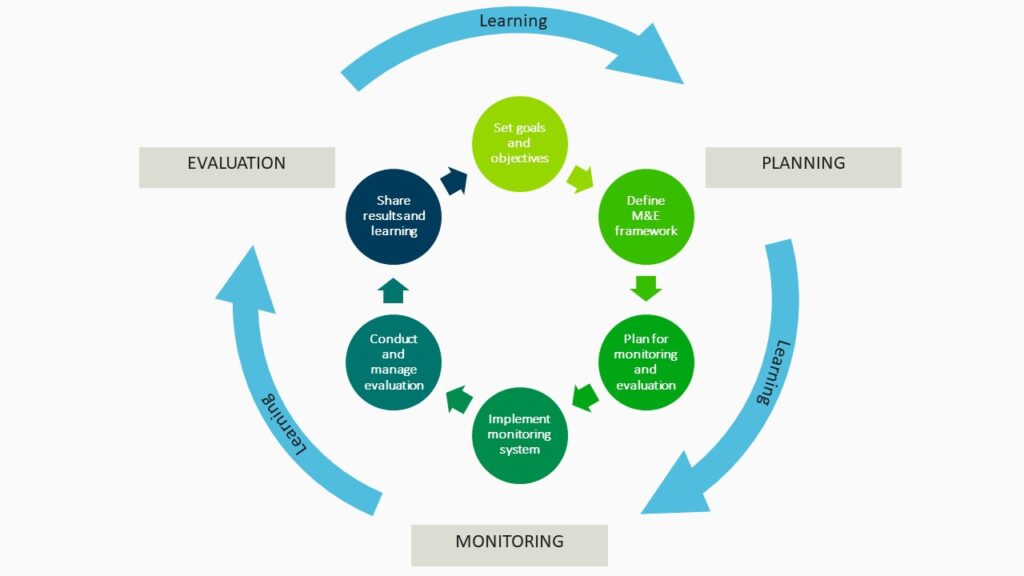
Monitoring & Evaluation
The program's key
Areas of focus and achievements
This involved supporting the review, printing, and widespread distribution of standardized Ministry of Health (MOH) Reproductive, Maternal, Newborn, Child, and Adolescent Health (RMNCAH) reporting tools, improving data standardization and accessibility at the facility level.
DESIP implemented routine data quality assessments (RDQAs) to improve the accuracy, completeness, consistency, timeliness, validity, integrity, and reliability of Family Planning data. Data Quality Improvement Plans (DQIPs) were developed and implemented with on-the-job mentorship to address identified gaps and ensure continuous improvement, leading to better data use for decision-making and increased adherence to MOH standards.
Collaborative supervisory visits with MOH and county teams provided mentorship and technical support for data collection, reporting, and service delivery, strengthening collaboration and improving compliance with MOH guidelines
Quarterly meetings fostered a data-driven culture by analyzing trends in RMNCAH indicators, identifying areas for intervention, and engaging healthcare providers in performance discussions, leading to improved reporting and increased data use for program planning.
Training was provided on MOH Family Planning reporting tools, enhancing their ability to accurately collect, analyze, and report data. Additionally, training on the Kenya Health Information System (KHIS) and Logistics Management Information System (LMIS) equipped healthcare workers with digital health skills, improving data management, FP commodity tracking, reducing errors, and enhancing stock visibility

